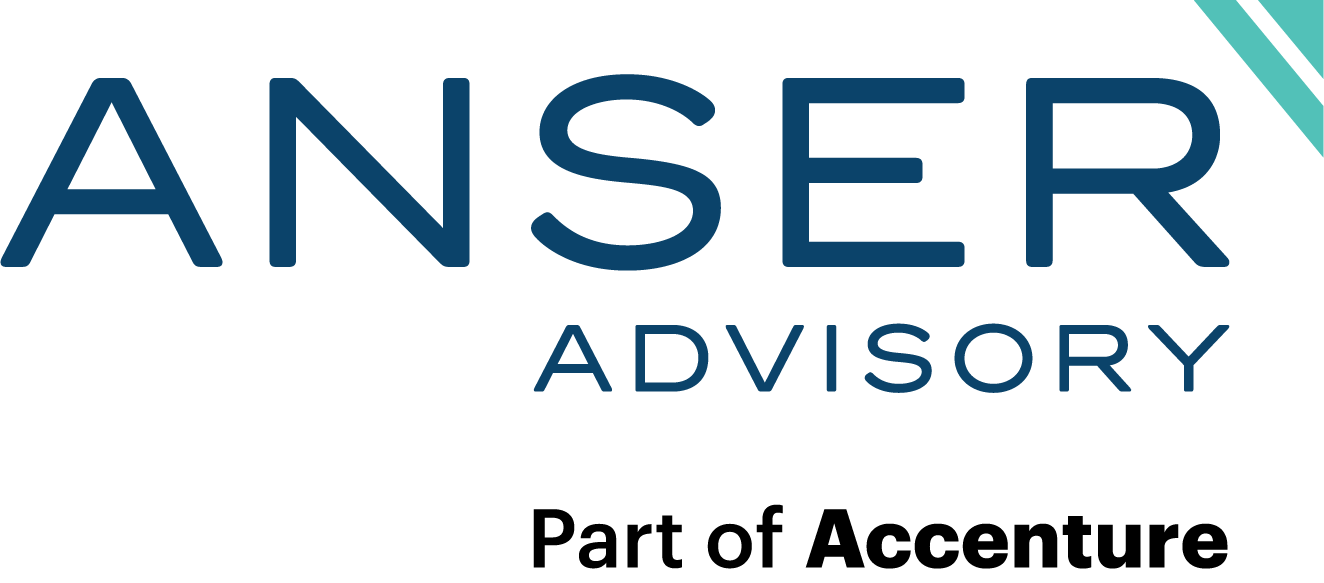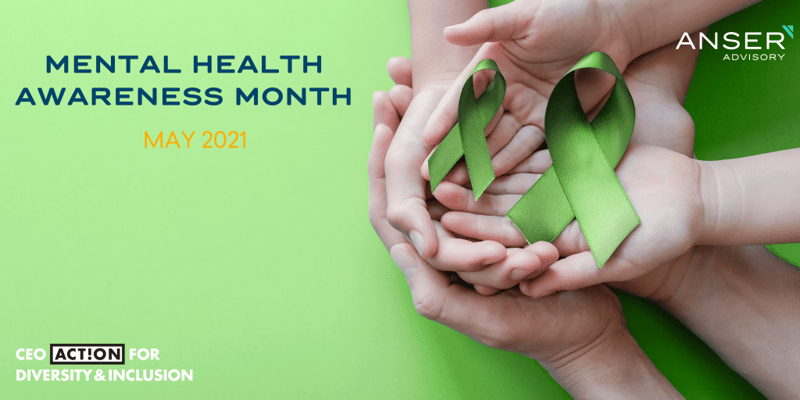This Mental Health Awareness Month, we stand up to fight the stigma those with mental health face. Now more than ever, we must stay connected with each other and our communities.
About Mental Health Awareness Month
In 1949, Mental Health America organization (known then as the National Association for Mental Health) introduced Mental Health Week to raise awareness about mental health concerns and the help that is available. “Problems with mental health are very common in the United States, with an estimated 50% of all Americans diagnosed with a mental illness or disorder at some point in their lifetime. Mental illnesses, such as depression, are the third most common cause of hospitalization in the United States for those aged 18-44 years old.” (add citation:) While important all year-round, Mental Health Awareness 1 Month provides an opportunity to encourage colleagues to incorporate daily self-care by embedding activities into their day that help to restore energy and balance. For example, healthy eating habits, exercise, mindfulness, and adequate sleep may support emotional, physical, and mental health.
Associated Recognitions
World Suicide Prevention Day is observed annually on September 10 to raise awareness on actions that can be taken to prevent these tragedies. This day was established in 2003 by the collaboration of the International Association for Suicide Prevention (IASP), the World Health Organization (WHO), and the World Federation for Mental Health (WFMH). Suicide continues to be a global public health issue that impacts persons of all ages, genders, and regions of the world.
Self Reflection Questions:
- How does society view mental and physical health differently? Why or why not?
- Why do you think there continues to be a negative stigma around mental illness? What might some of the negative impact be to an individual dealing with a mental health issue?
- Everyone experiences emotional distress in different ways, yet warning signs have preceded most suicides. What might be some of the warning signs we should be aware of and looking out for?
How can we encourage someone you are concerned about to seek out help?
Resources:
CDC, Preventing Suicide Fact Sheet
National Suicide Prevention Lifeline
The National Suicide Prevention Lifeline toll-free number, 1-800-273-TALK(8255) connects the caller to a certified crisis center near where the call is placed.


